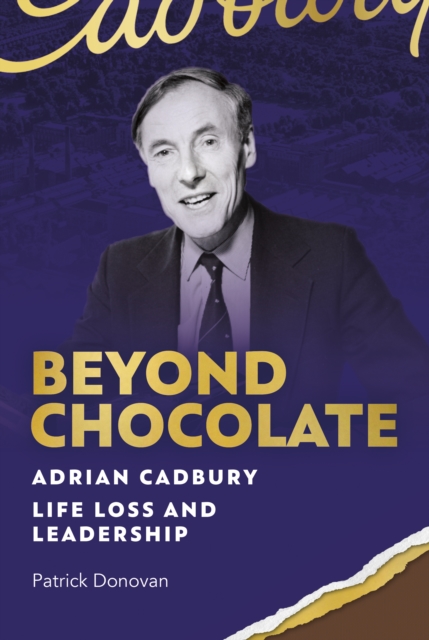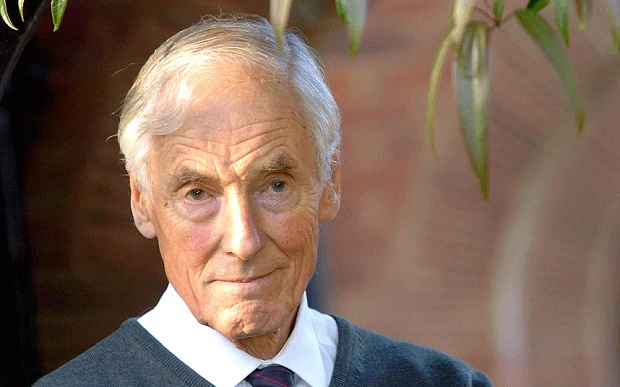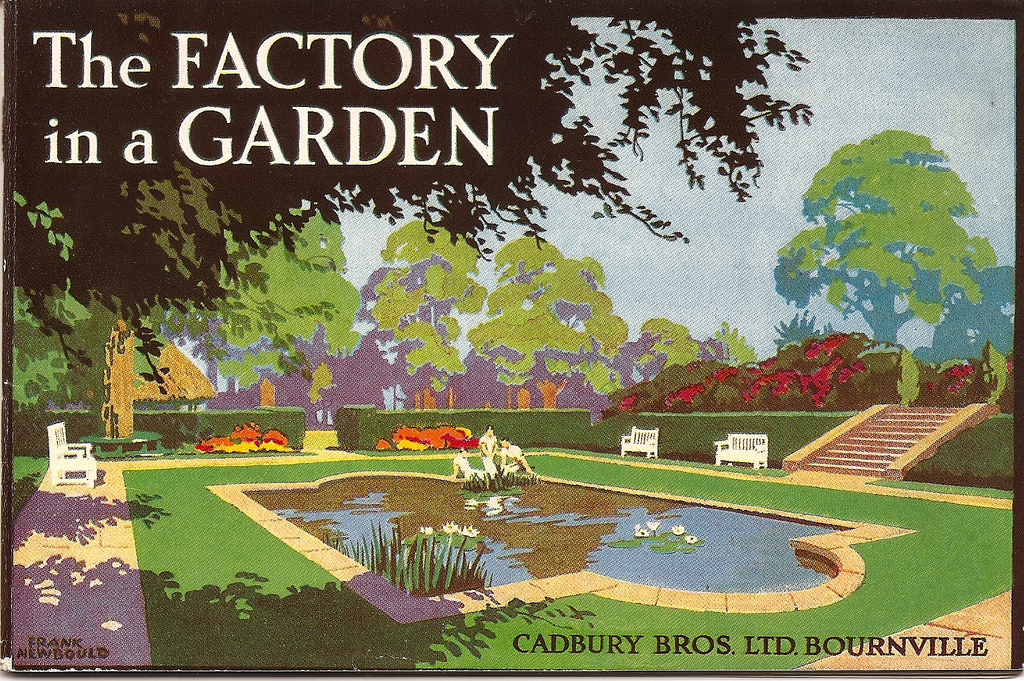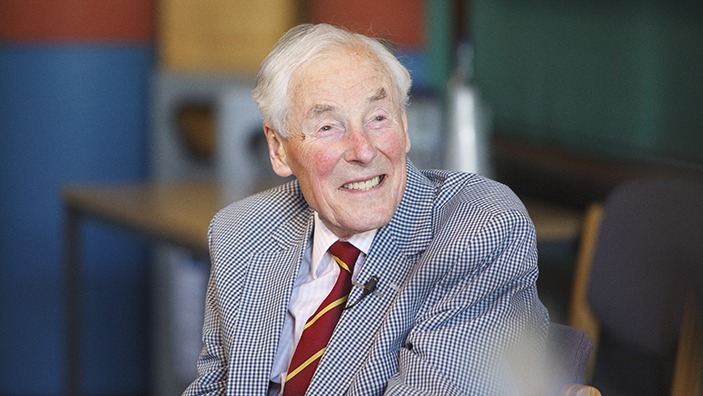When I saw this book I was keen to read it. Carefully researched it covers a great deal of ground. It offers an overview of the history of Bournville and the two hundred years of chocolate manufacturing there. It captures something of the complexities of the Cadbury family and its commitment to social cohesion and education.
Adrian Cadbury was educated at Eton and Cambridge and part of the Cadbury dynasty. His warmth and humility carried his extraordinary achievements with a lightness of touch. He was especially proud of his rowing prowess !
Courtesy, curiosity and captivating are adjectives that capture Adrians character and legacy. His politics were not easy to define. He inhabited a larger world where boundaries needed to be moved over and around. While he was certainly a committed capitalist he understood the need for social cohesion, workers rights, accessible education and the need to social innovation in the city of Birmingham. Over those years of connecting and sharing Susans food I learned so much. He was patient with my questions and limitations.
There was much to learn from this book especially Adrians contribution to the intellectual study of leadership and management. The Cadbury Report, his pioneering work on corporate governance possibly remains his greatest legacy, This report published in 1992 draws on the skilfulness of Adrians intellect. Attention to detail, clarity of analysis alongside a deep trust that people will behave well if they are supported with care and encouragement are key features of Adrians philosophy and practices. Decades of experience shaped his wisdom. It is not surprising that Adrian was a key figure in turning a family chocolate business into a worldwide empire !
We also feel Adrians love for Birmingham and its commerce and industry. His Quaker roots shaped his charitable work. I remember him lamenting the lack of investment in the city by those who had the power and privilege to make a difference to lives and communities. His work with Aston University was a special cause of pride. Both Susan and Adrian love their evenings in the student bar!
There was a steely security about Adrian. Patient and courteous he was unafraid to call out what he viewed as nonsense. Formed by his deep quaker roots he was curious about religion and always invested in what I was reading. He seemed always to want to invite people to raise their gaze onto a wider horizon where all could thrive. He was an energetic supporter of the Birmingham Settlement and a careful curator of his family history. I love the way he and Susan always ended Supper with a choice of Cadburys chocolate !
He carried his achievements lightly. A governor of the Bank of England for 24 years, Chancellor of Aston University from 1979 to 2004, Honorary Fellow of Kings College Cambridge and in the year of his death appointed a Companion of Honour by HM The Queen.
Donovan does justice to the range and scope of Adrian’s life and achievements. It is an insightful and informed record of the history of the business and articulates something of the shape and life of the city of Birmingham during the 1970s and 1980s. It draws heavily on family recollection, which is both affectionate and unafraid to name some of the inevitable complexities of family life. One theme throughout all of this emerges as it is the reality of loss and grief that the Cadbury family experienced over many decades. It is almost impossible to completely understand or know how this shaped Cadbury life. Amidst the significant achievements and legacy perhaps all of our lives in such different ways are shaped or misshaped by the losses we experience particularly within our network of family and friends. I think this, in part, certainly shaped some of Adrian’s character and gave him a wider and deeper view of human beings mostly doing their best to live a good life. What place religion or social action has in all of this intrigues this reader. Whether we have lost a deeper and broader view of community and our shared responsibility for one another is also a theme of politics, economics, and social action.
There may well still be a place for entrepreneurs to build communities and businesses shaped by values and practices that move beyond functionalism into relationship and can hold together the individual, their network and the wider community. Politics cannot do this alone. Religion may have its place and indeed may be a source of renewal in this generative rebuilding of shared living and purpose. Changed attitudes to wealth and ownership and work will also be necessary to capture some of the Cadbury vision of human flourishing.
Adrian left an amazing legacy. When something ‘happens’ I often wonder what he or Susan would have said over our post Supper chocolate !
I end with the final commendation from Susan Cadburys thanksgiving address at St Marys Temple Balsall in July 2010.
Susan knew enough about the flaws in human character not to fall prey to idealising people and love as preachers often do. When you inhabit a big world, you learn charity and humility. Perhaps her sense of life as gift gave her a generous vision of the world as a good and beautiful and hope-filled place – even if it is also a tragic one – because it is God’s. To love is an act of reverence, of gratitude that we are here at all as creatures to whom the Creator reaches out in friendship. He is the good Shepherd that gathers up, knows each one of us and every part of us, and in that knowledge of love cares even unto death. Gratitude and Grace.
And the last word of prayer should be given to Adrian who said in a conversation simply and profoundly ‘God Bless dear Susan.’ God Bless dear Susan. To that with gratitude we can all respond. Amen





Thank you, James, for a very moving book review – much more than a review – a great tribute to two great people.
David Durston
Bristol